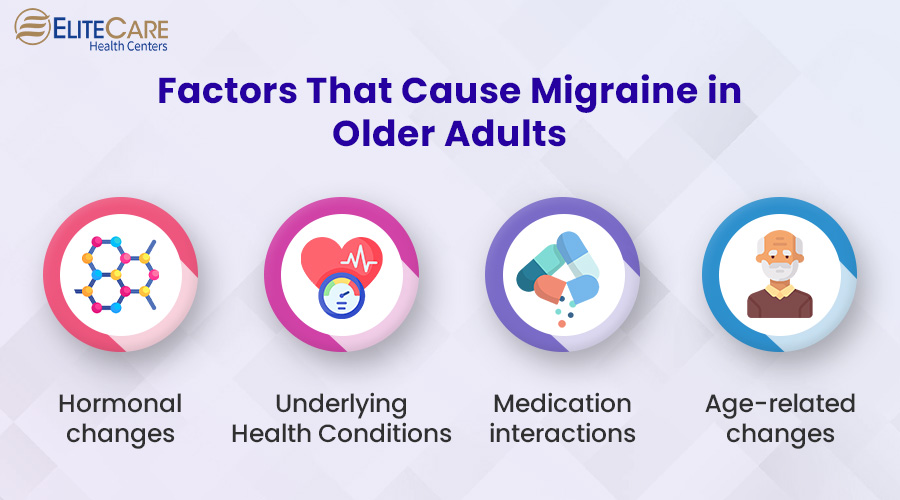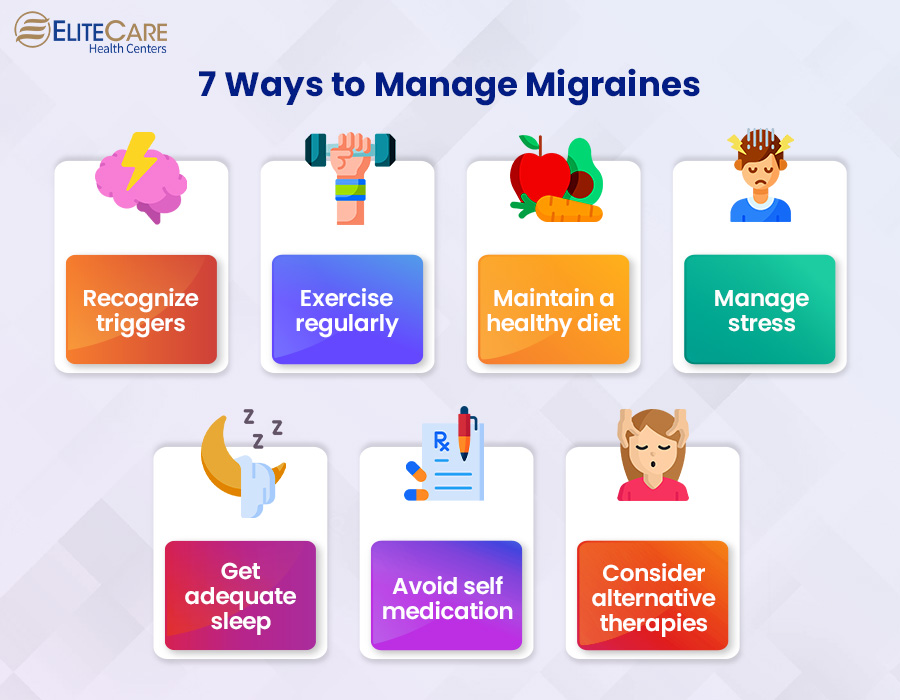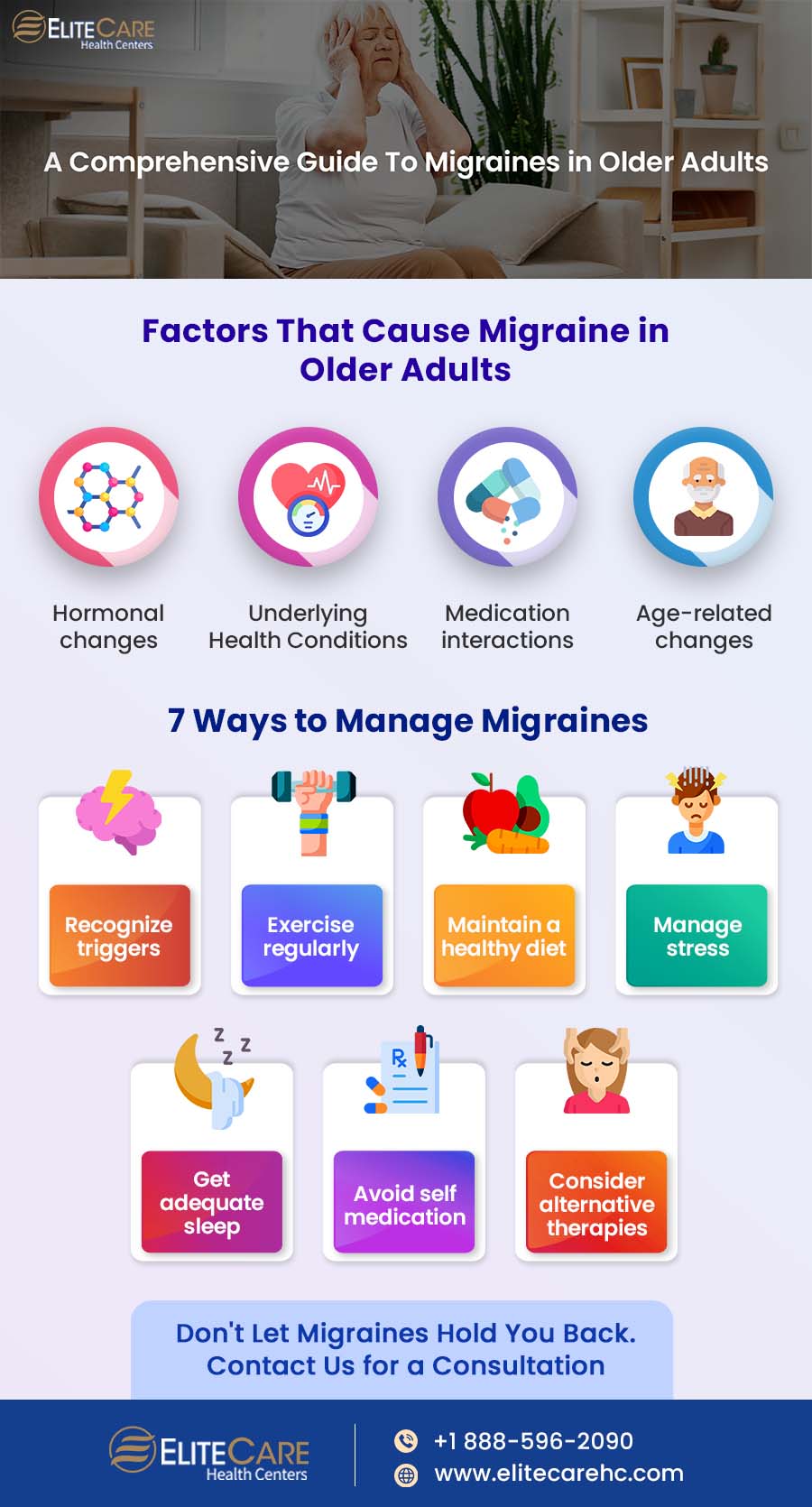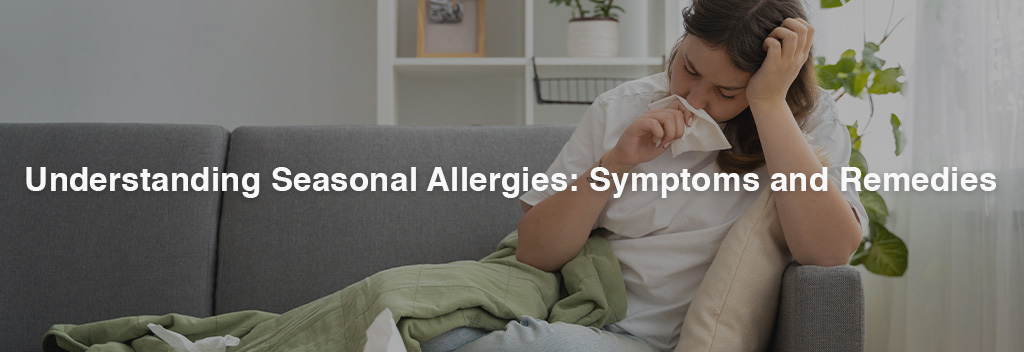
An exhausting neurological disorder, migraines, affects individuals across all age groups, including seniors. While migraines can manifest in everyone, they often present unique challenges.
Multiple studies have established a significant association between migraines and hypertension, particularly among older adults. Furthermore, it is noteworthy that migraines affect both genders, but research consistently reveals that women are three times more susceptible to experiencing migraines compared to men, regardless of age.
Common Types of Migraines in Seniors
Migraines in seniors can manifest in several different forms, each with its distinct characteristics. Some common types of migraines observed in older adults are as follows:
Migraine with Aura
This type of migraine is characterized by visual disturbances, such as flashing lights or blind spots, that often occur before the onset of head pain. Seniors experiencing migraines with aura may also have difficulty with speech or motor functions.
Migraine without Aura
Unlike migraines with aura, this type does not involve sensory disturbances. Seniors may experience moderate to severe throbbing or pulsating head pain, often accompanied by additional symptoms such as nausea, vomiting, sensitivity to light (photophobia), and sound (phonophobia).
Chronic Migraine
Seniors with chronic migraines experience headaches 15 or more days per month for at least three months. This persistent form of migraine can significantly impact their quality of life, leading to increased disability and a greater need for preventive care and management strategies.
Unique Challenges That Can Complicate Migraine Management

Hormonal Changes
Hormonal fluctuations, particularly in women during menopause or perimenopause, can trigger migraines. Changes in estrogen levels have been linked to the onset or worsening of migraines.
Underlying Health Conditions
Older adults often have preexisting health conditions such as hypertension, cardiovascular disease, or diabetes. These comorbidities can interact with migraines, making diagnosis and treatment more complex. Senior care service providers must consider these underlying conditions when prescribing medications or recommending treatments to avoid potential complications.
Medication Interactions
Older adults may take multiple medications for various health concerns, and certain migraine treatments can interact negatively with other drugs. Seniors must inform their primary care physician about all medications they are currently using.
Age-related Considerations
With age, there can be reduced kidney or liver function, affecting how medications are metabolized. Adjustments to dosages may be necessary to prevent adverse effects or ensure efficacy.
Migraine Treatment Options for Seniors

1. Lifestyle Modifications
- Identifying and managing triggers: Seniors can benefit from recognizing triggers that contribute to their migraines, such as certain foods (e.g., aged cheese, processed meats, chocolates), stress, or lack of sleep. By avoiding or minimizing exposure to triggers, seniors may reduce the frequency and severity of migraines.
- Healthy lifestyle practices: Encouraging regular exercise, maintaining a balanced diet, and practicing stress reduction techniques, such as meditation or yoga, can promote overall well-being and potentially reduce the occurrence of migraines in seniors.
- Adequate sleep: Establishing a consistent sleep schedule and ensuring sufficient restful sleep can significantly improve migraine management. Seniors should aim for the recommended amount of sleep appropriate for their age.
2. Prescription Medications
- Triptans: Healthcare providers at medical clinics may prescribe triptans for seniors experiencing moderate to severe migraines. Triptans work by constricting blood vessels and reducing inflammation in the brain, effectively alleviating pain and other migraine symptoms. However, seniors should consult with their senior care service provider to determine these medications’ suitability and potential side effects.
- Preventive medications: Healthcare professionals may recommend some preventive medications in cases of frequent or severe migraines. These medications, which include beta-blockers, anticonvulsants, or certain antidepressants, aim to reduce the frequency and intensity of migraines over time. Regular monitoring and dosage adjustment may be necessary to ensure efficacy and minimize side effects.
3. Botox Injections
For seniors with chronic migraines, Botox injections may be an option. This treatment involves injecting Botox into specific muscles of the head and neck to prevent migraines from occurring or reduce their frequency.
4. Complementary and Alternative Therapies
- Acupuncture: Seniors can explore acupuncture as a potential complementary therapy for migraine management. This ancient practice involves inserting thin needles into specific points on the body to restore energy flow and alleviate pain.
- Massage therapy: Gentle, targeted massage techniques can help relax tense muscles and reduce migraine symptoms. Regular sessions with a trained therapist may provide relief and improve overall well-being.
- Cognitive Behavioral Therapy: CBT techniques can help seniors manage stress, develop coping strategies, and modify negative thoughts associated with migraines. Engaging in CBT sessions with a qualified therapist can be beneficial for seniors.
Importance of Seeking Medical Advice
Seniors experiencing migraines should consult a professional at a health care clinic or have an online doctor consultation for an accurate diagnosis and appropriate treatment plan. Seeking medical advice is crucial due to the complexity of migraines and the potential risks associated with self-diagnosis or inappropriate medication use. Primary care physicians can thoroughly evaluate, consider individual health factors and tailor treatments to meet specific needs.
To Sum Up
EliteCare Health Center specializes in senior care and can provide essential guidance and support to seniors experiencing migraines. Our experienced healthcare professionals are well-versed in managing migraines in older adults, considering the unique challenges and considerations that come with age. Moreover, routine or annual physical exams allow seniors to discuss their migraine concerns.
Migraines are not an inevitable part of aging, and seniors deserve to live free from the burden of this neurological disorder. With the right support and guidance, seniors can effectively manage migraines and enjoy their golden years.






